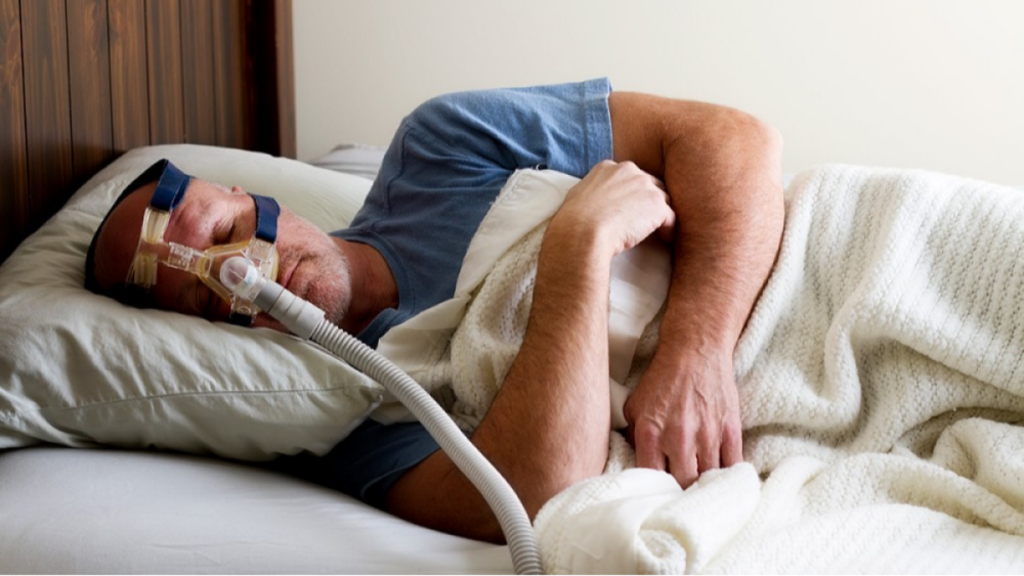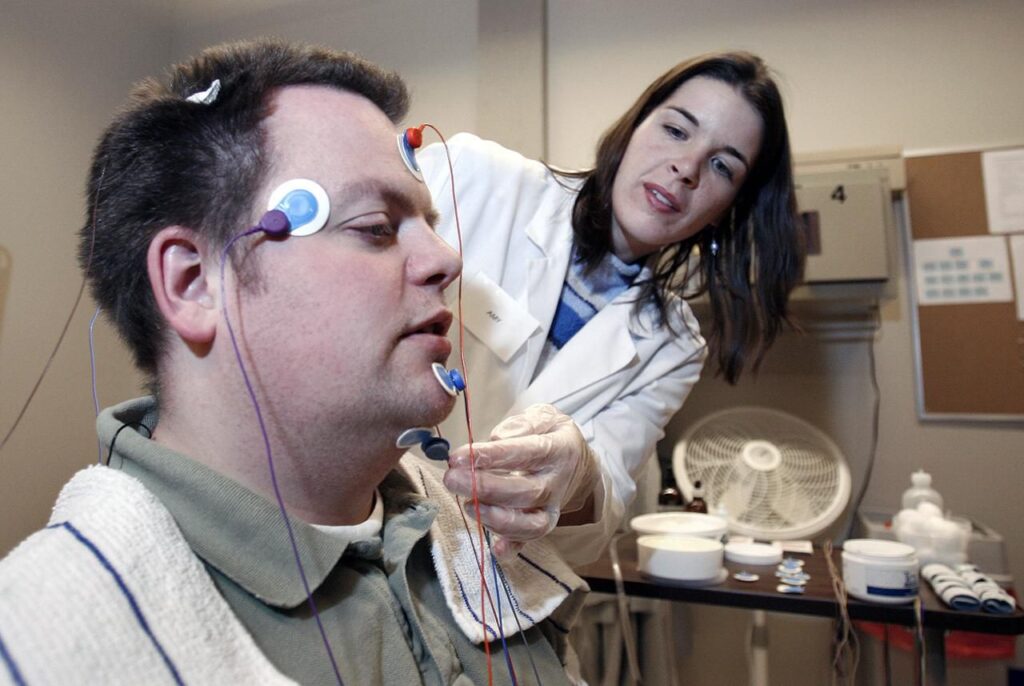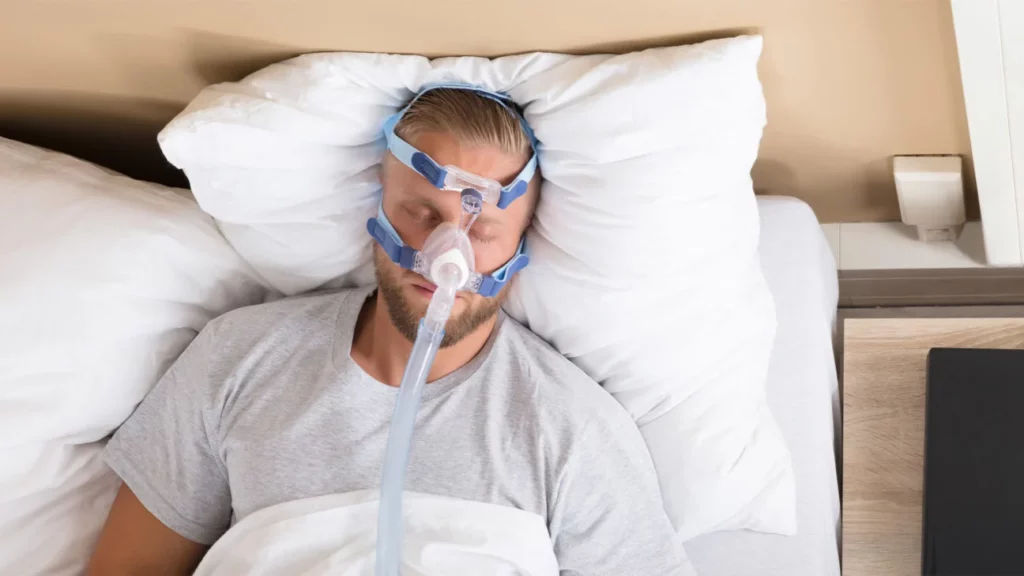Sleep is an essential component of our overall health and well-being. When we struggle to achieve restful sleep, it can have lasting effects on our physical and mental health. To better understand sleep issues, a sleep test can offer insights into your sleep patterns, potential disorders, and ways to improve your sleep quality. In this article, we will explore what to expect during a sleep test, the different types available, and how you can prepare for the experience.
The Importance of Sleep Tests
Sleep tests play a crucial role in diagnosing sleep disorders that can significantly impact your quality of life. They provide valuable data that can help healthcare professionals understand your sleep patterns and assess your overall sleep quality.
Through these tests, many individuals are able to identify underlying conditions such as sleep apnea, insomnia, or restless leg syndrome. Accurate diagnosis is key to effective treatment, making the importance of sleep tests paramount in the journey to better sleep. Furthermore, sleep tests can also reveal how environmental factors, such as noise and light, affect your ability to achieve restorative sleep, allowing for a more comprehensive approach to treatment.
Identifying Sleep Disorders
Sleep disorders can manifest in various ways, including difficulty falling asleep, frequent awakenings during the night, or excessive daytime sleepiness. These symptoms may not seem serious at first but can indicate underlying health issues.
By undergoing a sleep test, patients can receive a clearer picture of their sleep patterns and any abnormalities that may exist, which can lead to a timely and accurate diagnosis. In addition to traditional polysomnography, newer technologies such as home sleep apnea testing devices are becoming more prevalent, offering patients a convenient alternative while still providing essential data for diagnosis. This flexibility in testing options ensures that more individuals can access the care they need, regardless of their circumstances.

Improving Your Sleep Quality
With the findings from a sleep test, individuals are equipped with information that can help them take actionable steps towards improving their sleep quality. Whether through lifestyle changes or medical interventions, understanding the root of your sleep issues is the first step towards better rest.
Incorporating good sleep hygiene practices may be one approach recommended by healthcare providers, leading to more restful nights and productive days. This might include establishing a consistent sleep schedule, creating a calming bedtime routine, and optimizing your sleep environment by reducing distractions and ensuring comfort. Additionally, some patients may benefit from cognitive behavioral therapy for insomnia (CBT-I), which has been shown to be effective in addressing the psychological components of sleep disturbances, further enhancing their overall sleep experience. Read more about disturbances at https://www.ncbi.nlm.nih.gov/books/NBK401/
The Different Types of Sleep Tests
Sleep tests come in several varieties, each designed to cater to specific needs and circumstances. Understanding the differences between these tests can help you make more informed decisions about your sleep health.
Polysomnography: The Overnight Sleep Test
Polysomnography, often referred to as an overnight sleep study, is a comprehensive test that records brain waves, oxygen levels, heart rate, and more while you sleep. This type of test typically takes place in a specialized sleep lab.
During the study, electrodes will be placed on your scalp, face, and body to monitor your sleep stages, movements, and any disruptions. The data collected generates a detailed assessment of your sleep cycle, offering insights into your sleep health. Additionally, the sleep lab environment is designed to minimize disturbances, allowing for a more accurate representation of your natural sleep patterns. Technicians are on hand to ensure your comfort and to address any concerns that may arise during the night, making it a thorough and supportive process.
Home Sleep Tests: Convenience and Comfort
Home sleep tests have gained popularity for their convenience, allowing patients to undergo sleep assessments in the comfort of their own beds. These tests are often used to diagnose conditions such as obstructive sleep apnea.
Patients are given a portable device that measures their breathing patterns, heart rate, and oxygen levels during sleep. While they may not provide as comprehensive data as polysomnography, they can still be effective in identifying certain sleep disorders. The ease of use and accessibility of home sleep tests encourage more individuals to seek help for their sleep issues, as they can be conducted without the anxiety that sometimes accompanies a clinical setting. Furthermore, many home sleep testing devices are equipped with user-friendly interfaces and detailed instructions, making it easier for patients to understand how to use them effectively.
Other resources: How a Sleep Apnea Test in Melbourne Can Improve Your Quality of Life
Multiple Sleep Latency Test: Measuring Daytime Sleepiness
The Multiple Sleep Latency Test (MSLT) is designed to measure how quickly you fall asleep in a quiet environment during the day. It typically follows a polysomnography test and is used to diagnose conditions like narcolepsy.
This test involves several naps taken throughout the day, with the sleep technologist monitoring how quickly you transition into different stages of sleep. The results can help healthcare providers assess the level of daytime sleepiness and its implications for your health. In addition to diagnosing narcolepsy, the MSLT can also shed light on other sleep disorders that may contribute to excessive daytime sleepiness, such as idiopathic hypersomnia. The structured nature of the MSLT allows for a controlled environment, which can lead to more accurate results and a better understanding of your overall sleep architecture and its impact on daily functioning. Click here to find more about accurate.
Preparing for Your Sleep Test
Preparation is key to ensuring that your sleep test yields accurate and useful results. There are several important steps you should take before the day of your appointment.
What to Bring to Your Sleep Test
When attending your sleep test, it is crucial to bring any necessary items that can make the experience more comfortable. Essentials may include:
- A list of your current medications
- Comfortable sleepwear
- Personal items such as a favorite pillow or blanket
Ensuring you have all the right supplies can help reduce any anxiety you may feel about the testing environment. Additionally, it may be helpful to bring along any medical records or previous sleep studies you’ve had, as this information can provide valuable context for the sleep specialists conducting your test.
Dietary and Lifestyle Considerations
As you prepare for your sleep test, there are certain dietary and lifestyle changes to keep in mind. For instance, avoiding caffeine and alcohol prior to the test can help enhance the quality of your sleep.
Additionally, maintaining a consistent sleep schedule leading up to your test can also prove beneficial, as it encourages your body to adhere to its natural rhythms. Engaging in relaxing activities, such as reading or gentle yoga, in the hours before bedtime can further promote a sense of calm and readiness for sleep. It’s also advisable to limit screen time from devices like smartphones and computers, as the blue light emitted can interfere with your body’s ability to produce melatonin, the hormone responsible for regulating sleep.

What Happens During a Sleep Test?
Understanding the process of a sleep test can help alleviate any fears or uncertainties you may have. Knowing what to expect can make the experience more manageable.
The Role of the Sleep Technologist
During your sleep test, a sleep technologist will monitor you for the duration of your study. This professional is trained to operate all the necessary equipment and ensure that you are comfortable throughout the process.
They will assist you with any questions or concerns, and record your vital signs and sleep patterns, which will be analyzed later by a sleep specialist. Their expertise not only helps in the technical aspects of the test but also in providing reassurance, making the environment feel less clinical and more supportive.
Understanding the Equipment Used
A variety of equipment is utilized in sleep testing, including electrodes, monitor straps, and sometimes a CPAP machine for those with sleep apnea. The complexity of the equipment might seem daunting, but the sleep technologist will guide you through the setup.
Each component plays a crucial role in gathering detailed data about your sleep, contributing to a comprehensive evaluation. For instance, electrodes placed on your scalp measure brain waves, while sensors around your eyes track eye movements, which are essential for determining the different sleep stages. This intricate setup allows for a thorough analysis of your sleep quality and can help identify specific sleep disorders.
The Process of Sleep Monitoring
Once you are settled in for your sleep test, the monitoring process begins. You will be connected to the monitoring equipment, and various functions will be tracked throughout the night.
Your movements, breathing patterns, and brain activity will all be recorded, providing valuable insight into your sleep architecture and any disturbances that occur throughout the night. Additionally, the sleep technologist may monitor your heart rate and oxygen levels, which are critical indicators of overall health during sleep. This comprehensive approach allows for a nuanced understanding of how well you sleep and whether any interventions might be necessary to improve your sleep quality.
Throughout the night, you may be asked to change positions or adjust your sleep posture, as these factors can significantly impact your sleep patterns. The technologist will be observing from a nearby control room, ensuring that everything runs smoothly and that you remain undisturbed as much as possible. This careful monitoring is essential for capturing accurate data, which will ultimately inform your treatment options and help you achieve better sleep health.
Interpreting Your Sleep Test Results
After your sleep test is completed, your results will be analyzed and interpreted by a sleep specialist. Understanding these results is key to finding solutions for any sleep-related issues.
Understanding Sleep Stages and Cycles
Sleep is divided into several stages, including REM and non-REM sleep. Each stage plays a significant role in physical and mental restoration. Your test results will indicate how much time you spent in each stage, which is essential for evaluating the quality of your sleep.
Interpreting these cycles can help identify potential disorders and inform treatment strategies tailored to your specific needs.
Recognizing Abnormal Sleep Patterns
Another critical aspect of your sleep test analysis will be identifying any abnormal patterns in your sleep. This may include periods of apnea or excessive movements that disrupt sleep quality.
Recognizing these patterns is the first step in developing an appropriate treatment plan to enhance your sleep health.
The Role of a Sleep Specialist in Diagnosis
Finally, a sleep specialist will play an integral role in interpreting your results and guiding you toward treatment options. They will consider your test findings along with your medical history and symptoms to create a comprehensive diagnosis.
Through this collaborative approach, you can work together with your healthcare team to develop a personalized plan to improve your sleep quality and overall health.
In conclusion, understanding what to expect during a sleep test can greatly enhance the experience and subsequent outcomes for those seeking relief from sleep disorders. By gaining insights into your sleep patterns, you can take the first steps towards better sleep and overall health.

